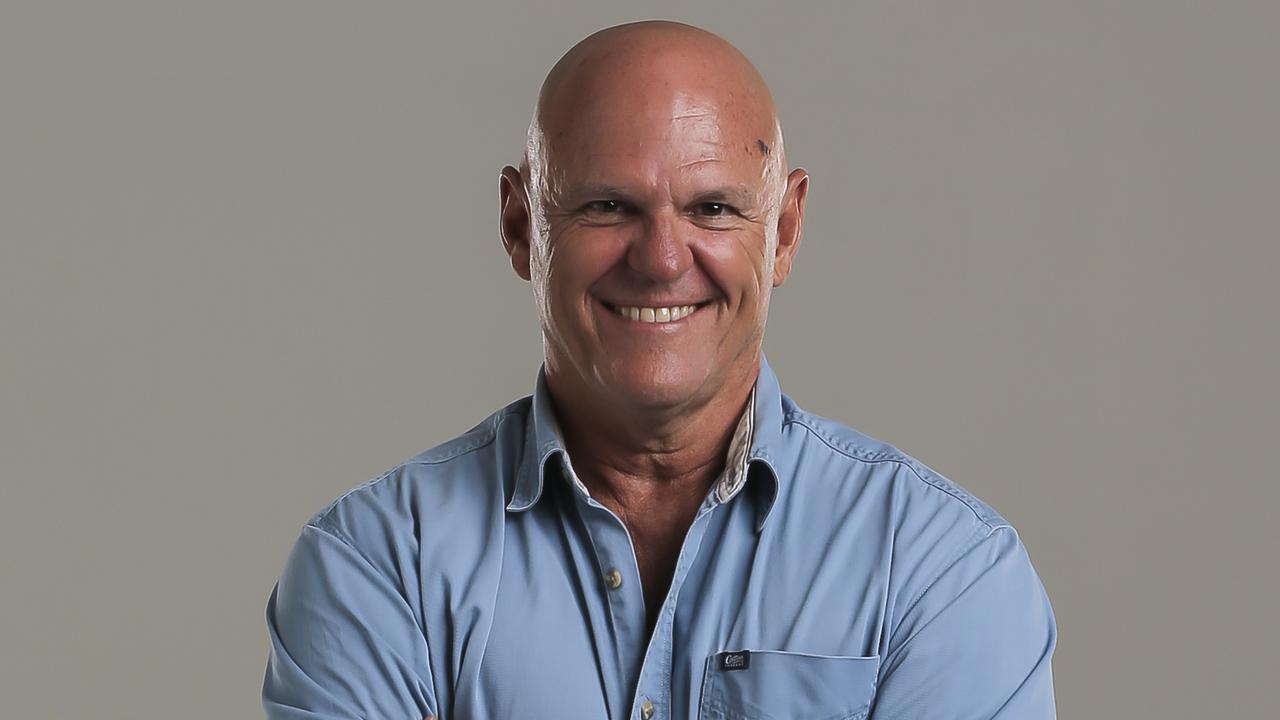Save money on electricity bills with these easy tips
SHOPPING around for a better electricity deal can save you money but it will become more complex from tomorrow. Here’s some tips on how to get the best deal.

Opinion
Don't miss out on the headlines from Opinion. Followed categories will be added to My News.
SHOPPING around for a better electricity deal can save you money but it’s become a bit more complex from tomorrow, with the deregulation of standing offer power prices in southeast Queensland.
WHAT’S HAPPENED
From tomorrow, power retailers in SEQ can set their own prices for standing offer contracts. Previously these prices were set by an independent regulator, the Queensland Competition Authority. Standing offer prices are likely to increase and there will be substantial differences between retailers in their daily charges and usage charges. Therefore, anyone on a standing offer contract (which is about 30 per cent of SEQ households and small business customers) may benefit from shopping around to try to get a better deal.
The deregulation of standing offer prices will also have an impact on the 70 per cent of customers who are on market contracts, which often offer a discount off a base price. Previously, this discount was usually off the regulated standing offer price. From 1 July, there is likely to be much greater variation between retailers. This means that the value of the discounts being offered will vary depending on each retailer’s base price.
Shopping around for a better deal can be worthwhile for consumers on standing offers or market contracts but it is important to be well informed. The Queensland Consumers Association and the Queensland Council of Social Service have put together the following tips to assist SEQ consumers to shop around.
WHAT TO DO
1. COMPARE PRICES: visit the Australian Energy Regulator’s free and independent price comparison website: www.energymadeeasy.gov.au. The website compares all generally available plans offered by all retailers and shows the likely annual cost based on your power consumption.
2. LOOK AT THE CHARGES THAT MAKE UP YOUR BILL: Now that discounts are being applied to different base prices, don’t just compare market contracts based on the discount offered. The best way to compare is to look at the charges that make up your bill. This will include a daily service fee plus a charge per unit of energy used. Different plans will suit different households. For example, if your electricity usage is low you may benefit more from a plan with a low daily service fee, even though the usage charge may be higher. Whereas a household that uses a lot of electricity may be better off with a lower usage charge and a higher daily service fee.
3. CONSIDER THE TERMS AND CONDITIONS. Many plans offer a discount only if you pay on time, or if you agree to pay by direct debit. Make sure you fully understand and can meet these conditions before signing up. The cost of not paying the bill on time can be particularly high as you may lose all, or part, of your discount, and/or be liable for late payment fees.
4. KNOW YOUR RIGHTS: Deregulation may also result in more door-to-door and tele-marketing of power contracts by retailers and brokers. Consumers should be aware of their rights and report to the ACCC any illegal behaviours, such as ignoring do-not-knock signs or refusing to end contact when asked. And remember, whatever contract you choose, if you change your mind, you have a cooling-off period of 10 business days.
5. CONTACT YOUR RETAILER: For the many households who struggle to pay their bill, it is important to always contact your current retailer first and do so as soon as possible. They have hardship programs to assist people experiencing financial difficulty and can provide energy efficiency information to help cut your power costs.
WHAT HAPPENS NEXT
Soon, the Queensland government will be launching a consumer education campaign to support SEQ consumers to shop around and make well informed decisions about their power contracts. Consumer and community groups support this approach, however it will be critical that the information is accessible to all consumers.
It is also important that we effectively monitor the impacts of price deregulation in SEQ. This must include capturing the impacts on vulnerable and disadvantaged consumers and publishing data on the types of contracts consumers are on and the prices they pay. Only by effectively monitoring the outcomes will we know if deregulation is truly delivering benefits for consumers, especially those who are struggling the most.
Ian Jarratt is a member of the Queensland Consumers Association and Mark Henley is the chief executive of the Queensland Council of Social Service.


